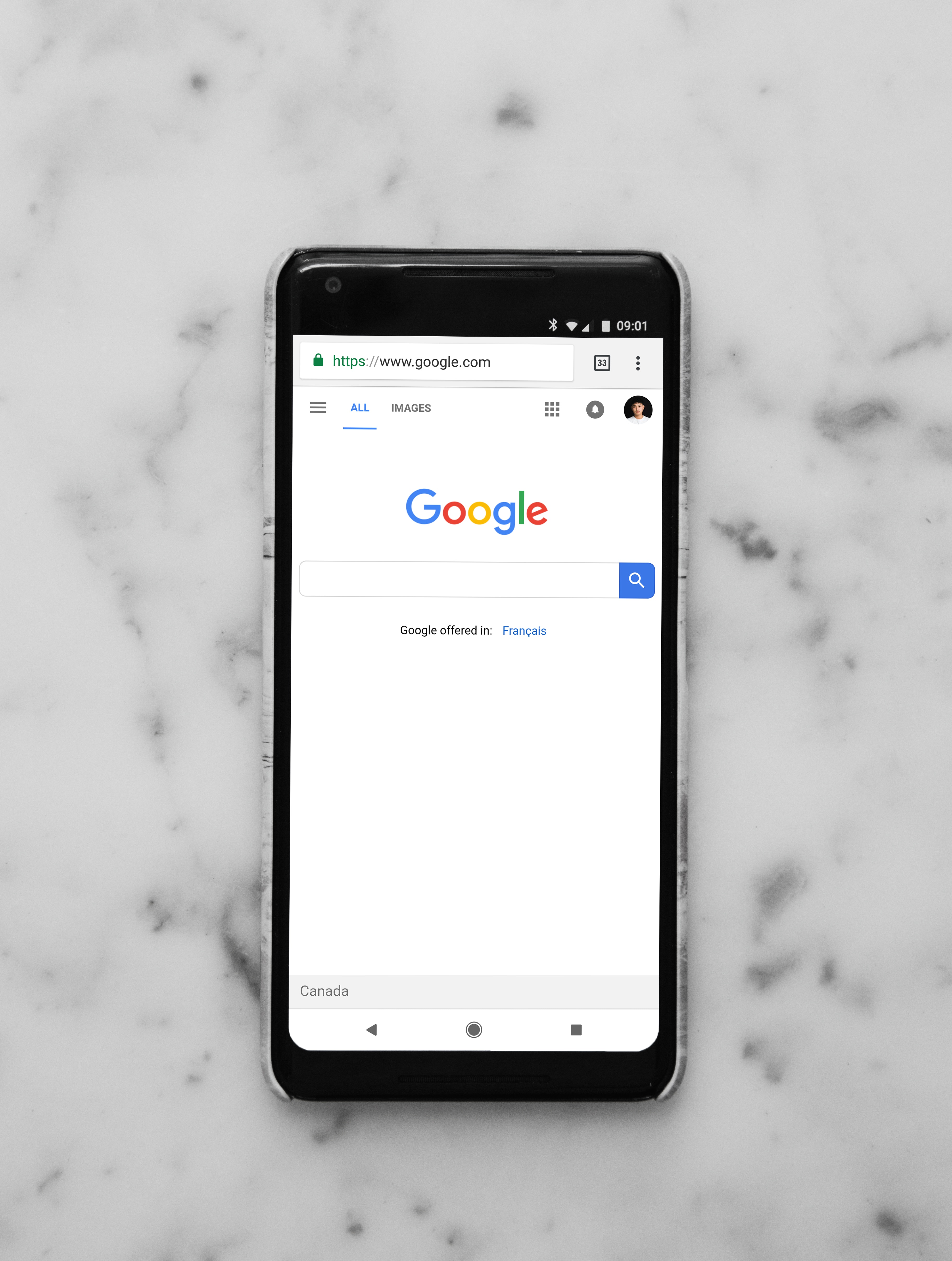 Our digital devices have become more prevalent, not just in our daily lives, but our minute-by-minute activities, and Google is clearly one of the players that entice us to stay connected. They recently shared research about how our experience with the digital world impacts our well-being and their commitment to keep the best interests of users in mind. Recognizing that not all interactions with technology are positive, Google is building in features to help users manage their technology use and develop healthier behaviors.
Our digital devices have become more prevalent, not just in our daily lives, but our minute-by-minute activities, and Google is clearly one of the players that entice us to stay connected. They recently shared research about how our experience with the digital world impacts our well-being and their commitment to keep the best interests of users in mind. Recognizing that not all interactions with technology are positive, Google is building in features to help users manage their technology use and develop healthier behaviors.
This approach is challenging for those designing and developing new technologies. App developers need to keep users engaged with their apps so does that make them responsible to not encourage overuse? Is that a conflict? I invited professionals from different disciplines, including the web development field, to provide their insight on these findings.
When asked if it was a conflict, Cody Swann, with Gunner Technology, did not see it as one for his software development firm. Referencing the above article from Google, he thinks it is admirable that they are taking this kind of stand, especially with how people use mobile apps. "At the end of the day, developers want to provide utility, not an obsession", says Swann.
And anything is subject to abuse or overuse. Consider the prevalence of obesity and health problems resulting from modern eating habits. Is that the fault of grocery stores? This is the viewpoint Luis Ortiz, a developer, has with this issue. "Traditional book authors wouldn't feel an obligation to make sure their books are not too engrossing lest folks do something unsafe or self destructive behaviors."
Our viewpoint towards our smartphones is generally negative as we hear of studies telling us the harmful effects of overuse. Kameron Jenkins, a digital marketer, thinks people describes their phones as a prison “because that’s how we’re supposed to feel in light of the mounds of research that indicate phones are making us less social and sadder”. Our use of technology may be a problem because of the choices we make and it is not the responsibility of developers to manage our addictive use of any technology.
“It is absolutely a conflict for developers. Success is measured in units of active and engaged users, so toning down notifications would directly conflict with that goal. The onus for controlling notifications should be on the end user, but developers still have a responsibility to be forthcoming about what notifications are the 'price of admission' for using their app, and also to make it easy for users to modify those settings,” says Jenkins.
If engagement goes down and people feel peace of mind and less anxiety with their technology use, is that enough for positive behavioral change? Stacy Caprio, also a digital marketer, thinks there are still ways to suck people right back into overuse. "Businesses and app developers will be disappointed with the lowering of engagement, and try to find ways around it, such as sending texts instead of app notifications if only app notifications are restricted."
But are these notifications a bad thing if it responds to user requests or is for an app that encourages positive behaviors or support mental health? Ortiz would still like to see “more granular notification controls for push notifications. Similar to how some have evolved email newsletter subscription granularity, I wish more developers of apps that send push notifications would segment the options better.” In this scenario, engagement is encouraged, but segmented based on user goals.
At the end of the day, Google’s success is built on users and they are advocating for healthier users, who have some disconnection from their devices. As Eugenia Boldyrikhina, an SEO specialist notes, “Since Google is all about user experience, they want to be proactive with making sure that people using [their] software are happy.” It is a good start from Google and clearly there is more work to be done but recognizing that JOMO ( “joy of missing out,”) is valid is a sound approach to digital wellbeing.
Tina Arnoldi, MA is a marketing consultant and freelance writer in Charleston SC. Learn more about her and connect at TinaArnoldi.com